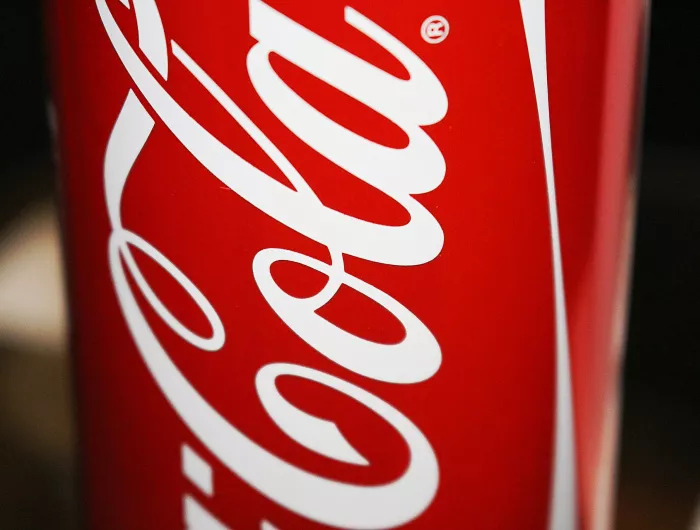Philadelphia City Council adopts historic tax on soda

CSPI urges other cities and states to raise revenue, protect public health with soda taxes
The nonprofit Center for Science in the Public Interest today congratulated Mayor Kenney and the Council and called on other jurisdictions to tax soda both to raise revenue, but also to improve public health by reducing consumption of non-diet drinks, which are associated with increased risks of diabetes, heart disease, obesity, and other health problems.
“When voters in Berkeley enacted a tax on soda in 2014, the soda industry claimed that that city didn’t ‘look like mainstream America,’” said CSPI president Michael F. Jacobson. “That insult wasn’t true in the case of Berkeley and it certainly isn’t true in the case of Philadelphia. The vote today in Philadelphia is perhaps the most important defeat for Big Soda since the adoption of a nationwide soda tax in Mexico. We expect that Philadelphia’s action will embolden mayors, city council members, governors, and state legislators from around the country to make these sensible taxes on soda the rule, and not the exception.”
In a compromise, the Council reduced the proposed tax from three-cents-per-ounce to 1.5-cents per ounce, and applied the tax to diet as well as full-calorie soda.
Voters in Oakland will consider one-cent-per-ounce taxes on soda at the ballot box in November. An earlier attempt in San Francisco won majority support but failed to achieve the two-thirds it then needed. This November, a simple majority would do since the revenue will not be specifically earmarked. Organizers in San Francisco are seeking to put a one-cent-per-ounce soda tax on that city’s November ballot, while advocates in Boulder are seeking to put a two-cent-per-ounce tax on its ballot. The United Kingdom will implement a tax on soda in 2018. The Conservative government there proposed the new tax in March.

